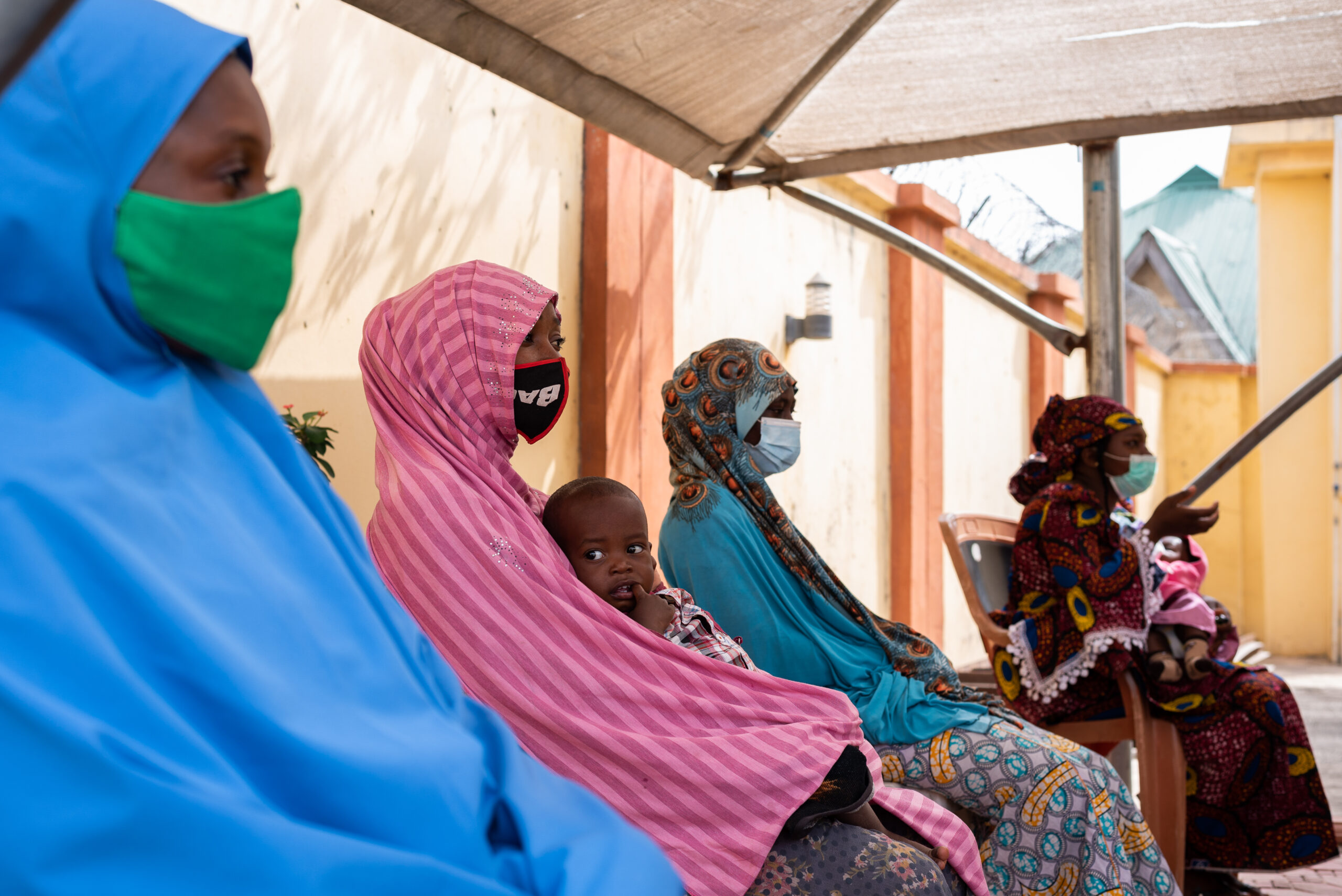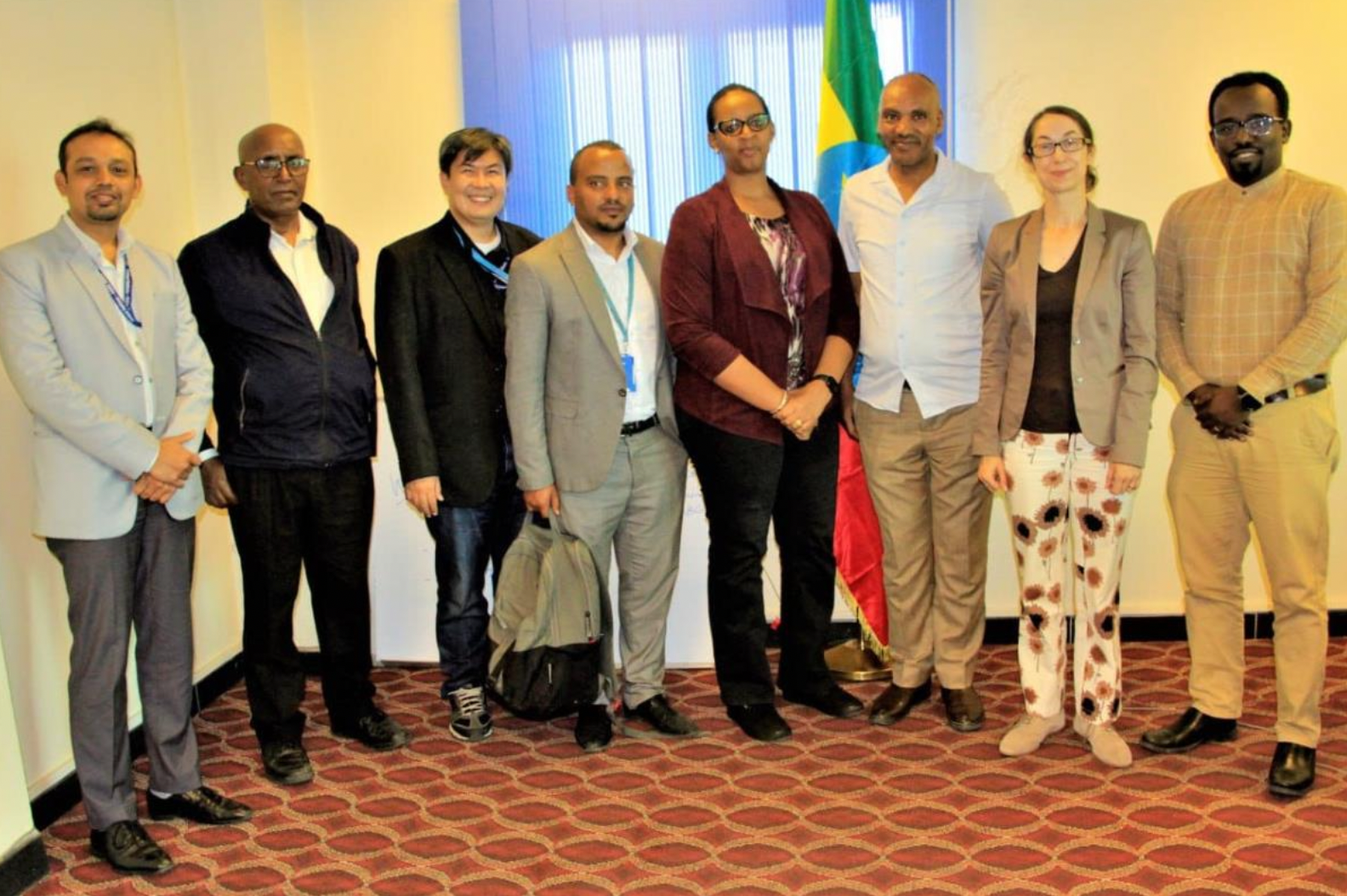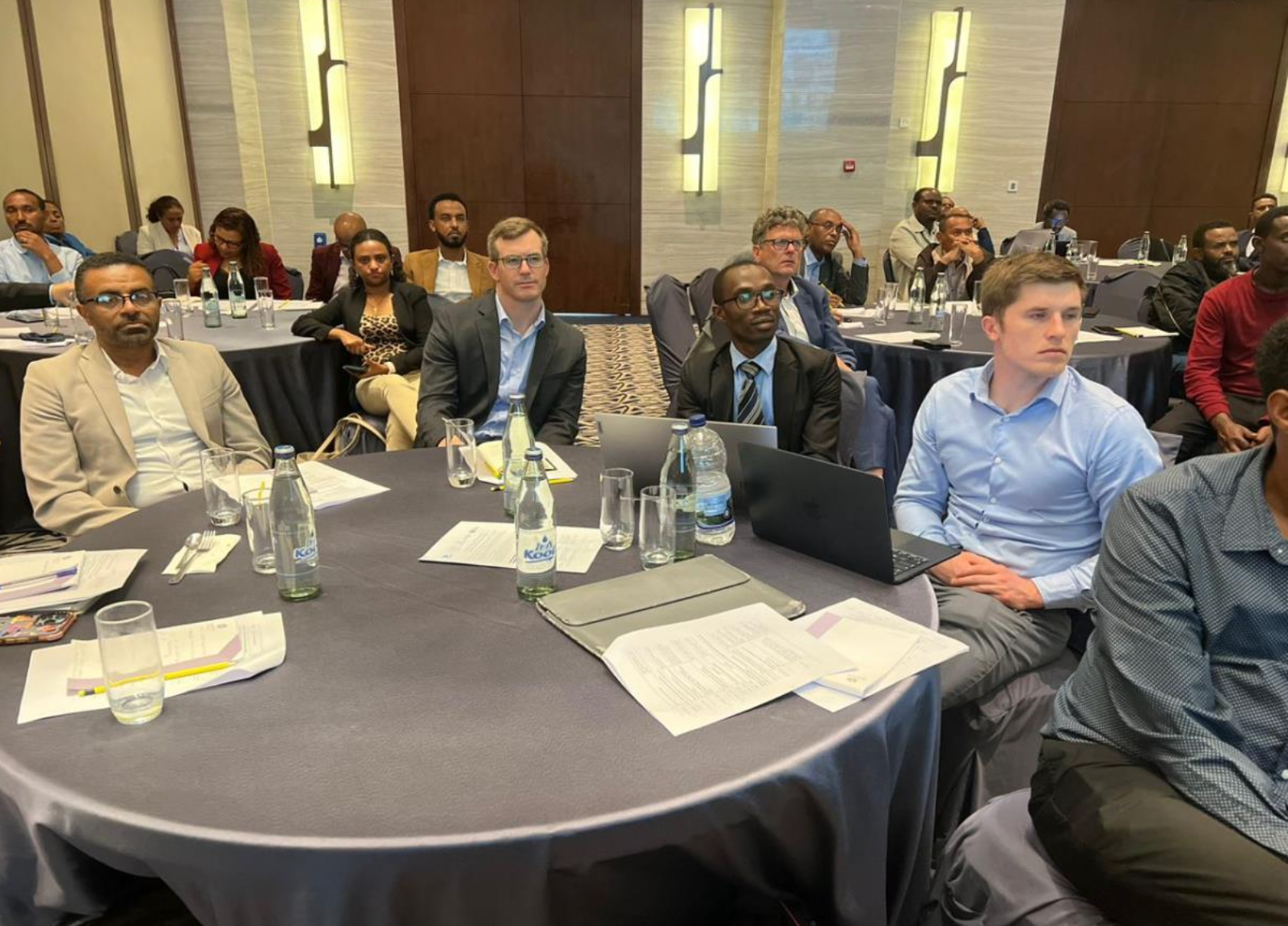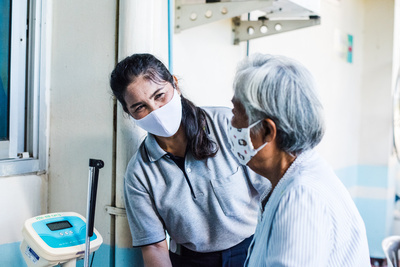The government of Kazakhstan has allocated over 9.7 billion tenge from reserves to purchase more than 351,000 doses of the HPV vaccine. Prime Minister Olzhas Bektenov signed the resolution, enabling the introduction of HPV vaccination nationwide through targeted...





